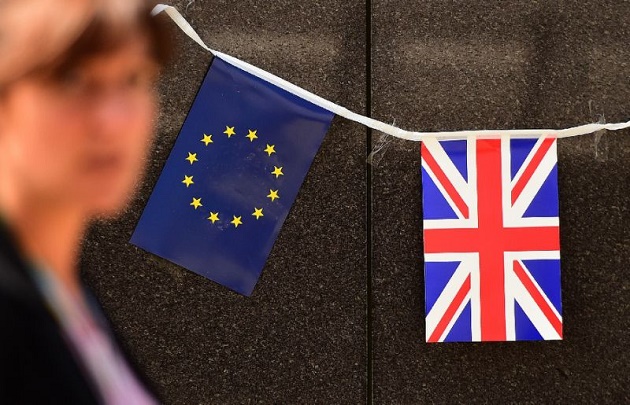Whatever happens in June, Britain will still be part of Europe; we are not voting for the English Channel to become an ocean.
 Citizens in the UK are deciding their vote. Photo: AFP
Citizens in the UK are deciding their vote. Photo: AFP
In 1983 I visited Brussels for the first time, on an undergraduate field trip. We learned about how decisions made by the European institutions were filtered down to the ten member states of the EEC, and how the overriding vision was to make war between European nations unthinkable. The deadly European conflict of the first half of the 20th century must give ways to fruitful European cooperation in the second.
Since then the EEC has become the EU, the euro has replaced a dozen national currencies and we have 28 member states. The overriding narrative is now about economics, not security, despite the external threats which remain. Three things are foundational:
1. The Referendum is good for democracy.
It’s a unique opportunity for a large number of people to become politically more literate: learning about the EU, exploring the costs and benefits of Britain’s membership, and (hopefully) discussing the two sides of the argument in a reasonable and respectful manner. The Scottish independence referendum in 2014 was marked by high levels of engagement, especially by young people, and a record turnout of 85%. However, the downside of full-blooded debate is the risk that animosity will build up between supporters of the ‘in’ and ‘out’ camps, as opposing views within political parties, workplaces and even families emerge.
2. This is about relationships.
Whatever happens in June, Britain will still be part of Europe; we are not voting for the English Channel to become an ocean. Since God is primarily concerned with right relationships, we should view the arguments on the economy, immigration, security and sovereignty through a relational lens. In 1972 Britain entered into a binding relationship with the other countries in the EEC; we should not imagine that they are indifferent to what we decide. I’m not saying voters shouldn’t decide based on what is best for Britain, but I do believe those interests depend very significantly on our relationships with our European neighbours.
3. Politics is inherently spiritual.
God has graciously given both individuals and nations the responsibility of governing themselves, within the bounds of his sovereignty and guided by his word. Paul said, ‘From one man [God] made all the nations, that they should inhabit the whole earth; and he marked out their appointed times in history and the boundaries of their lands. God did this so that they would seek him and perhaps reach out for him and find him, though he is not far from any one of us.’ When times and boundaries are threatened, and old certainties seem to unravel, there is an implicit invitation to seek God to find him, not so much as a refuge from all that threatens, but for wisdom to know how to be faithful to our political calling in these times.
Jonathan Tame is Director of the Jubilee Centre (Cambridge).
This article first appeared in the April 2016 Engage magazine and was republished with the permission of the Jubilee Centre.

Las opiniones vertidas por nuestros colaboradores se realizan a nivel personal, pudiendo coincidir o no con la postura de la dirección de Protestante Digital.
Si quieres comentar o